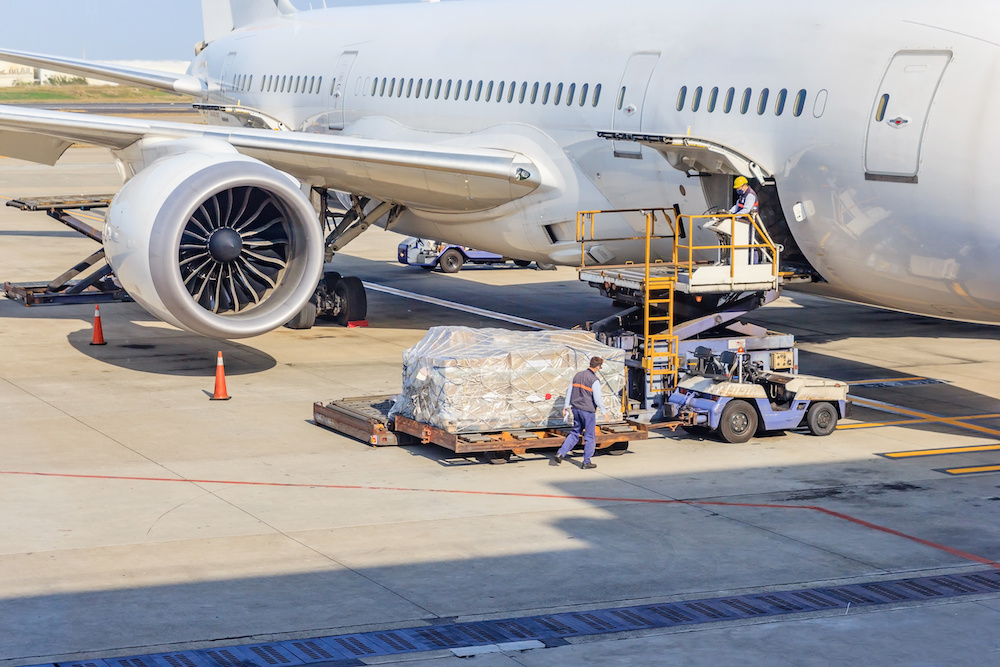
Total demand, measured in cargo tonne-kilometres (CTKs), increased by 14.7% compared to May 2023, while international operations saw a 15.5% rise. Available cargo tonne-kilometres (ACTKs) also grew by 6.7%, with international capacity up by 10.2%.
"Air cargo demand surged across all regions in May, driven by trade growth, booming e-commerce, and maritime shipping constraints," said Willie Walsh, IATA Director General.
"While the outlook remains positive, stricter US conditions on e-commerce deliveries from China could dampen growth on the Asia-North America trade lane."
IATA noted several factors influenced the air cargo market in May 2024:
Regional performance highlights
Asia-Pacific: Demand grew by 17.8%, with notable increases on the Africa-Asia (40.6%), Europe-Asia (20.4%), and Middle East-Asia (18.6%) trade lanes. Capacity rose by 8.4%.
North America: Demand increased by 8.7%, the weakest among regions, with the Asia-North America trade lane up by 12.0% and North America-Europe route up by 8.9%. Capacity increased by 2.5%.
Europe: Demand rose by 17.2%, with intra-European cargo up by 25.6% and Europe-Middle East routes up by 33.8%. Capacity grew by 11.9%.
Middle East: Demand increased by 15.3%, with the Middle East-Europe market up by 33.8% and Middle East-Asia up by 18.6%. Capacity grew by 2.7%.
Latin America: Demand grew by 12.7%, with capacity increasing by 8.0%.
Africa: Demand increased by 18.4%, the highest among regions, with the Africa-Asia market up by 40.6%. Capacity grew by 21.4%.
Outlook for 2024
The International Bureau of Aviation (IBA) projects a 5% increase in air cargo demand to 258.1 billion CTKs and an 8% rise in capacity to 600.3 billion ACTKs for 2024.
IBA said this will likely result in a decline in cargo load factors from a pandemic high of 56% in 2021 to a projected 43% this year. Average air cargo yields are expected to decline by approximately 18% year-on-year due to abundant capacity and subdued demand.
IBA's data shows a decrease in the active freighter fleet, from 85% before the pandemic to 75% in June 2024, as belly hold capacity on passenger aircraft increases.
Narrowbody aircraft conversions continue to dominate the market, with the Boeing 737-800 and Airbus A321-200 leading the sector. In the widebody market, the Boeing 767-300ER remains dominant, but Airbus's A330 P2F programmes are gaining traction.
New offerings like the 777-300ER and 777-200LR P2F programmes are emerging, and both Airbus and Boeing are developing new production freighters, with the A350F expected to enter service before the 777-8F.